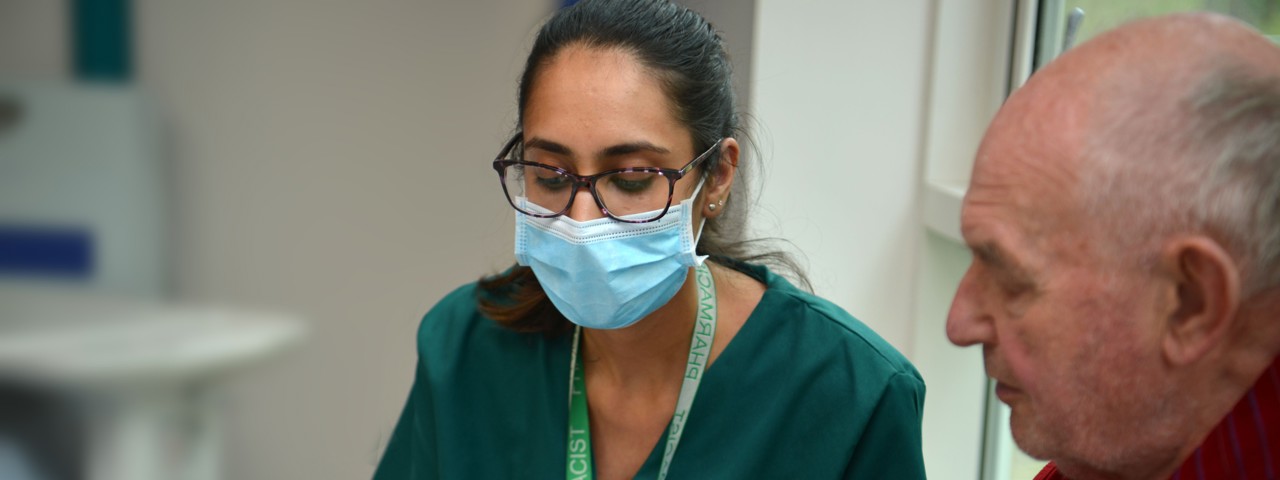Patient Advice and Liaison Service (PALS)
The first point of contact for any help you might need, as a patient, carer or visitor attending the Royal Berkshire NHS Foundation Trust
Read more
The first point of contact for any help you might need, as a patient, carer or visitor attending the Royal Berkshire NHS Foundation Trust
Read morePALS can help you with questions you have about your care at the hospital.
Read moreExplains how pelvic floor exercises can strengthen and help improve control to the genital area
Read moreExplains how pelvic floor exercises can strengthen, relax and help improve blood flow to the vaginal area
Read moreThis leaflet outlines exercises you can do to help your symptoms of urinary urgency, urge incontinence, frequency, or symptoms of prolapse.
Read moreLearning to strengthen and relax the pelvic floor muscles may benefit you if you experience problems keeping control of wee or poo
Read moreExplains what will happen during the telephone appointments and if you need any tests for people referred to the Pelvic Floor Service
Read moreThis leaflet is for women who have been diagnosed with (or think they might have) pelvic inflammatory disease.
Read moreWhat to expect during pelvic sympathectomy treatment - injection of local anaesthetic and steroid anti-inflammatory - in the Pain Management Unit at the Royal Berkshire Hospital
Read moreWhat happens during an ultrasound examination of the pelvis in the Radiology (X-ray) Department at the Royal Berkshire Hospital
Read moreAdvice following an investigation to find why there is a problem getting or maintaining an erection in the penis
Read moreExplains what an MRI scan of the penis entails, including the benefits and possible risks
Read moreExplains a procedure to insert a fine plastic drainage tube through the skin into an obstructed bile duct to allow the bile to drain externally temporarily
Read moreWhat happens during PCI treatment for coronary artery chronic total occlusion (CTO)
Read moreInformation about a procedure where very low temperatures are used to freeze and destroy tumour cells in the kidney
Read moreWhat a percutaneous lung biopsy is, what happens during the procedure and what the possible risks are
Read moreAnswers to some of the questions that you may have about percutaneous nephrostomy
Read moreAdvice following a procedure to treat a thyroid nodule by inserting a needle under ultrasound guidance and destroy tissue using heat
Read more